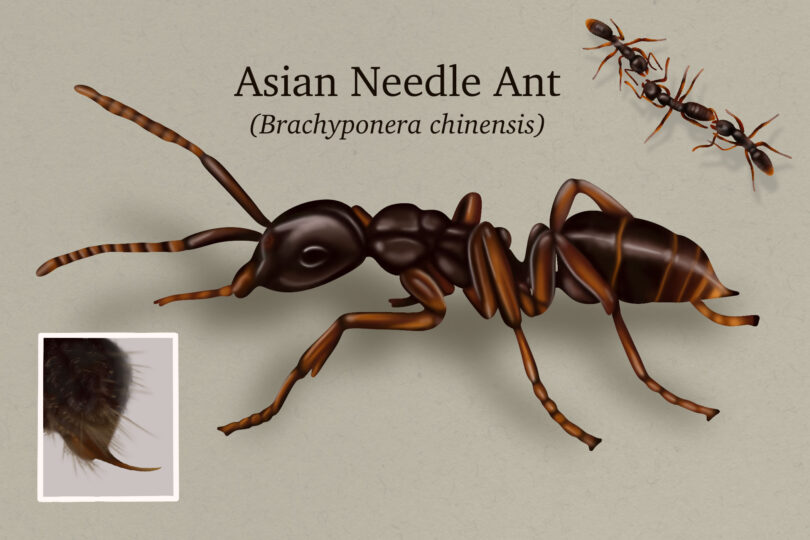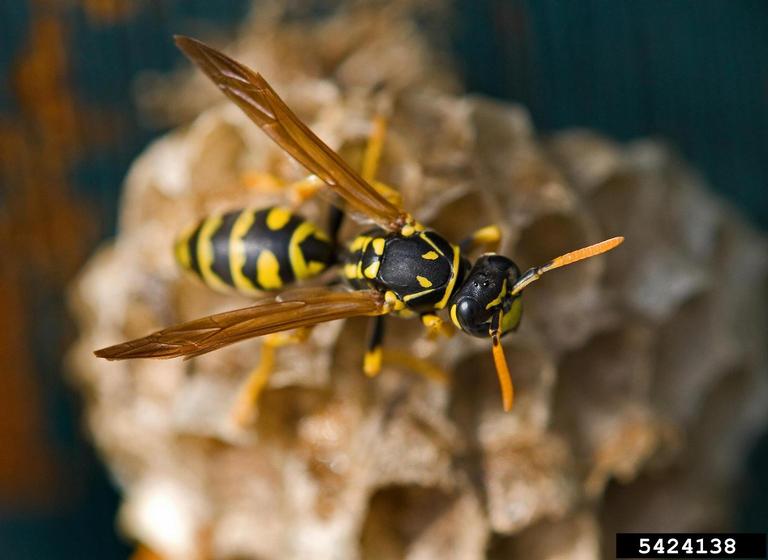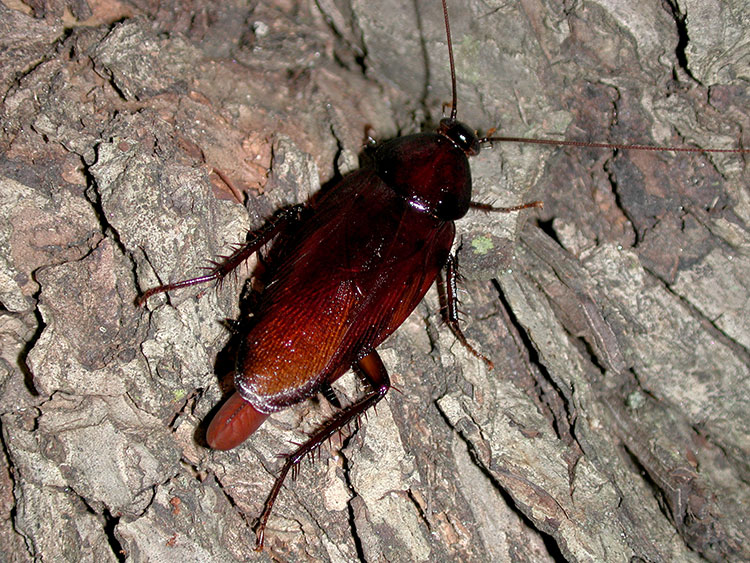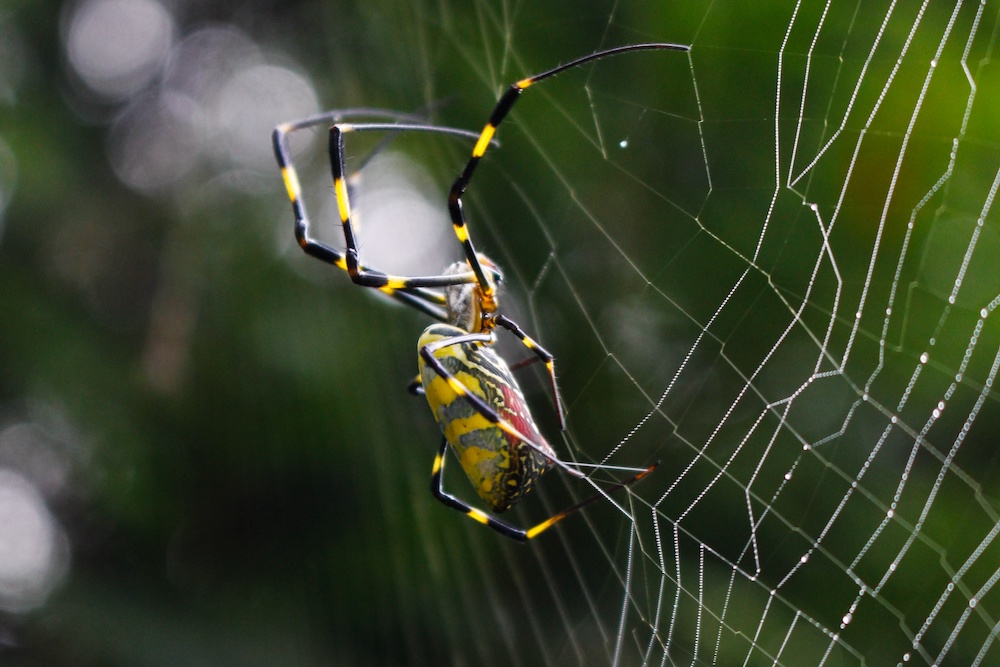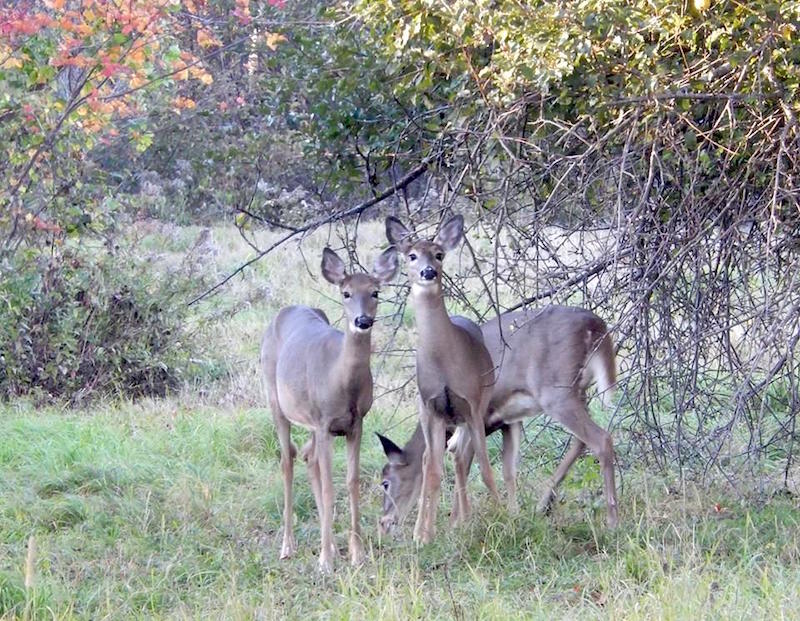
University of Georgia Cooperative Extension offices receives many calls from homeowners frustrated with unwanted animals troubling their homes or yards. Issues range from squirrels taking up residence in their attics to deer feasting on beloved garden plants. In some cases, a straightforward solution exists, while finding a control method for others can be challenging, if not impossible.
If you have some type of animal troubling you, the first question to ask is why this critter is here and not somewhere else? They require three essential things for survival: food, water, and shelter. You could unknowingly provide these pestiferous animals with one or more of these basic needs. The challenge is figuring out what is attracting them.
Squirrels and bats
Often small animals invade attics. Squirrels are notorious for doing so. Trim tree branches hanging over or touching your roof to remove easy access. Seal up any openings to your attic that they could enter.
Bats can also be problematic and even carry diseases that can sicken people. Keeping them out in the first place is key to managing these issues. If you have an infestation in your attic or other parts of your home, you may need a nuisance wildlife control specialist to address the problem. These are specialized pest control technicians who have expertise and training in removing unwanted wildlife.
Raccoons
Many years ago, when I was an undergraduate at UGA, I had a summer job working on the golf courses on Jekyll Island. At the time, one of the restaurants had at least a dozen — if not more — raccoons that frequented the area in back where employees and patrons threw food to them.
In time the raccoons were coming into the structure, causing numerous issues. By feeding them, people were inviting trouble. Wildlife can become dependent on humans, which reduces their ability to survive in the wild and consume food that may be harmful to them. So, the adage ‘Don’t feed the animals’ is vital in managing nuisance wildlife.
Outside your home, make sure your garbage cans are sealed tightly. Remove pet food after your cat or dog has finished eating. Avoid storing any food items outside unless in a locked and sealed garage or storage shed.
Remove any logs, rock piles, leaves, or other similar material from around your foundation since it can harbor these animals and other pests. Also, check to see if any water is accumulating near your foundation, which can result from leaking pipes or gutters that are overflowing and need cleaning.
Mice and rats
Mice, rats and other small rodents can often invade your home. Again, removing food substances can attract them and seal up entry points. For control, poison baits are often the choice, but once the animal dies in the attic, under the crawl space or in the wall voids, it can cause an unpleasant odor. Snap traps work well, and some newer versions are easy to use.
If the rodents continue to be an issue, you should contact a pest control professional.
Deer
One of the most common animal issues in the home landscape is deer, which love to feast on your plantings. Even in highly urbanized areas, these “rats with antlers” can be troublesome.
The ideal control method is a 9-foot-tall fence, which is not practical in most cases. Taste repellents, which are sprays applied to the desired plants, have an unpleasant smell and taste that will help deter the deer and other animals, such as rabbits, that feed on your favorite plants.
The main drawback is that these materials break down in sunlight, and rain can wash them off the plants, so repeated applications may be necessary. Using plants that deer do not like is another way. For more information, refer to UGA Extension Circular 985, "Deer-Tolerant Ornamental Plants" at extension.uga.edu/publications.
To learn more about how to control pests around your home, contact your local Extension office.


